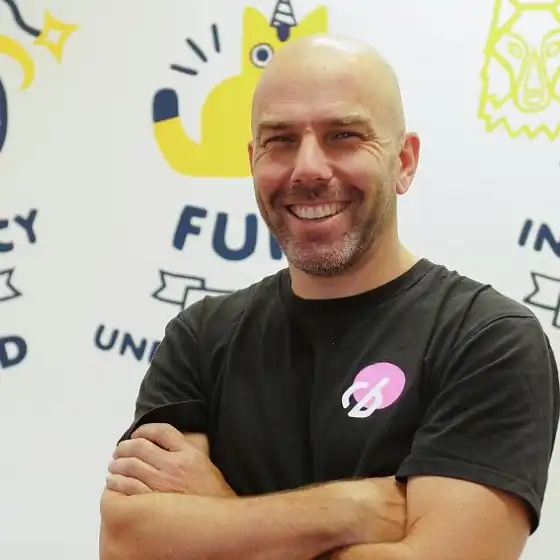For the non-technical, simply hearing the word ‘code’ is scary enough. Throw in some jargon, such as Apache and MVC architecture, and things only get worse.
This is a serious problem for people who are non-technical and the software development industry, but need custom software.
The wider community of business managers and startup founders are too reliant on techies to ‘take care’ of the coding.
But I’m a startup founder who can’t code, what can I do? Rise of the citizen developers.
Yes, coding is complicated. There’s a reason why people go to university to learn how to be a developer.
But coding is far from scary, and new tools are making it easier for business managers and startup founders who can’t code to play a bigger role in developing apps: the citizen developers.
Let’s quickly demystify coding, and then move onto some of the tools you can use to spend more time creating and less time worrying about coding.
If you can use Microsoft Excel, you already know the basics
If you have ever used Microsoft Excel or Google Sheets before, then you probably know how to write a basic formula.
Maybe “=SUM(A1:A2)” is as far as you’ve ever gotten. But a journey of a thousand miles begins with a single step.
Off the top of your head, do you know how to identify email addresses containing “.edu” in your database? Me neither, but I looked it up and “=IF(ISTEXT(REGEXEXTRACT(A2, “.edu”)),Yes,No)” worked. This is coding. Basic coding, but coding.
And the web is full of solutions to common (and some not so common) coding questions, such as identifying certain addresses within a database.
Can you use SUM, IF and Excel to create a AirBnb for caravans? No. But having some idea of how coding works enables non-technical business managers and startup founders to get more involved during the development process.
Coding from scratch? Reinventing the wheel?
There are tens of millions of apps and code for each app is written from scratch. Collectively, we’re solving the same problem again and again. Why?
Take the automobile industry as a counterexample. We don’t tell each worker in a car factory to design a new car from scratch. Let alone mine and refine the minerals. Instead, workers are given a set of precise instructions, and only complete a small range of the tasks needed to actually complete a car.
And we can replicate this system for creating custom software.
What does this mean for the future?
Low code platforms enable users to create apps using graphical user interfaces instead of writing lines of code.
Codebots is one of these platforms. On Codebots users can customize their front-end code using a what-you-see-is-what-you-get-editor. No coding required.
Users can then click a toggle and switch into schematic view. In this view, users can manage their app’s underlying database. Again, no coding required.
How does someone who can’t code, code? Low-code!
Because of low code platforms, there will be a new generation of software engineers who can’t code.
There will always be a place for experienced developers with serious coding chops. After all, who do you think creates the templates Codebots users use to create their apps? But there will be a democratization of coding.
We foresee a future of work where experienced software engineers spend less time reinventing wheels, and more time solving new and novel problems. Such as empowering non-techies who can’t code, but have awesome ideas.
This has led to some commentators to downplay the role of coding in the future. Startup founder Chris Granger writes ‘we don’t want a generation of people forced to care about coding. We want a generation of writers, biologists, and accountants that can leverage computers.’
Software is too central in modern society and economies for 99% of us to be scared of code.
Considering you are probably already ‘coding’ in Microsoft Excel or Google Sheets, it’s time we recognize code isn’t scary. It’s a skill, and some of us have strong coding skills while others have weak coding skills. However, by getting over our fear of code and empowering ourselves with tools such as low-code platforms, even people with developing coding skills can become honorary techies.
For many business managers and startup founders, hiring techies to do the bulk of the work will remain the best course of action. The future of software development isn’t a world where we no longer need developers. But it isn’t a world where you need to be a developer to understand and contribute either.
It’s a world where we have a new generation of software engineers who can’t code.




